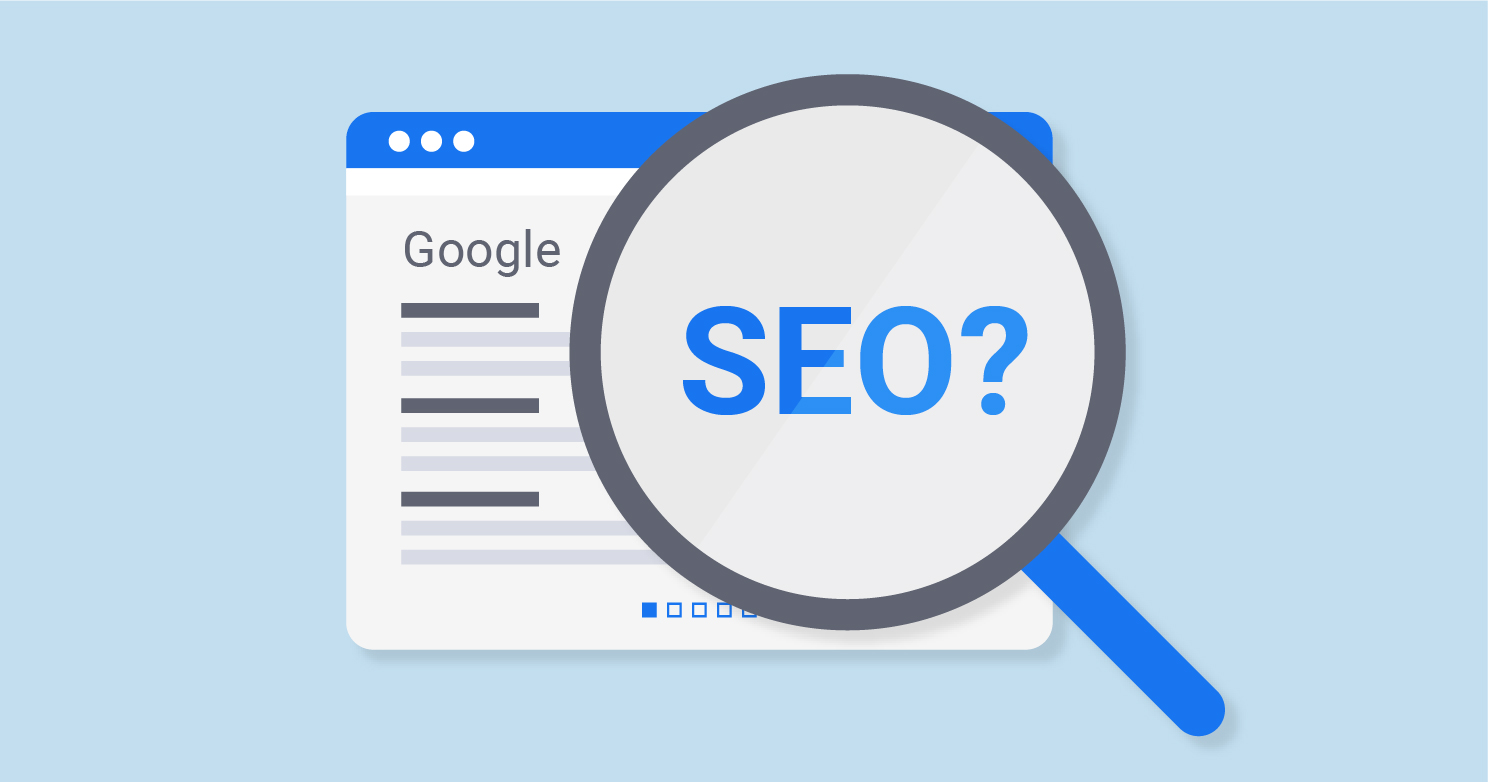Introduction
As a founder, you’re the expert on your core business idea. But building a successful company requires more than just a great product or service. At some point, you’ll need to face the crucial reality that without marketing, even the best idea can fail.
Many founders have a skewed idea of what marketing is. They think it’s just advertising—slapping a few details about their services on a billboard or social media and calling it a day. This is a common misconception. You’ll learn the hard way that advertising is just one small piece of a much larger, more critical process.
The Four Pillars of Business Success
Every business, from a small startup to a large corporation, is built on four fundamental pillars:
- Human Resources
- Finance and Accounts
- Operations Management
- Marketing
While each is essential, we would argue that marketing is the most vital. It’s the engine that drives the entire business forward. Without a solid marketing strategy, there are no customers, no revenue, and no need for the other three departments. Marketing is how you find your audience, communicate your value, and ultimately, secure your business’s future.
What Is Marketing, Really?
Simply put, marketing is the process of identifying, anticipating, and satisfying customer needs. It’s about understanding your potential customers so well that you can create a product or service they’ll eagerly buy.
Advertising is what you do after you’ve done the work of marketing. Marketing involves the entire journey:
- Market Research: Who is your customer? What problems do they have?
- Product Development: Creating a solution that addresses those problems.
- Pricing: Determining a fair and profitable price.
- Distribution: Deciding how to get the product to the customer.
- Advertising: Communicating to your audience that your solution exists.
This is why you can’t just jump straight to advertising. You need to do the groundwork first. Marketing is the creative and strategic process that sets you up for success.
Your Marketing Goals: The Roadmap to Growth
The goals of your marketing efforts should align with the specific stage of your business. A startup won’t have the same objectives as a well-established company. Before you do anything, sit down with your partners or yourself and define your objectives.
Some common marketing goals include:
- Building Brand Awareness: Getting your name out there so people know who you are.
- Expanding Market Share: Capturing a larger portion of your target market.
- Increasing Revenue: Boosting sales and improving profitability.
- Improving Customer Retention: Keeping your existing customers loyal and happy.
Types of Marketing You Can Use
Once you have your goals, you can choose the right marketing strategies to help you achieve them. Here are some of the most effective types of marketing:
- Content Marketing: Creating and sharing valuable content like blog posts, videos, or podcasts to attract and engage your target audience.
- Social Media Marketing: Using platforms like Facebook, Instagram, and LinkedIn to build community and promote your brand.
- Search Engine Marketing (SEM): A powerful combination of:
- Search Engine Optimization (SEO): Optimizing your website to rank higher on Google search results.
- Pay-Per-Click (PPC) Advertising: Paying to have your ads appear at the top of search results.
- Email Marketing: Building a list of subscribers and sending regular emails to nurture leads and build relationships.
- Influencer Marketing: Partnering with individuals who have a large, engaged following to promote your product or service.
Budget and Costs
Just like there’s no single marketing strategy, there’s no fixed cost. The budget you allocate will depend on the type of marketing you choose and the scope of your goals. Some methods, like content marketing, can be done with a small budget, while others, like a large-scale PPC campaign, require more significant investment. The key is to start small, measure your results, and scale up what works. For our digital marketing solutions, check this page out and let us partner with you to increase your online visibility.

Leave a Reply